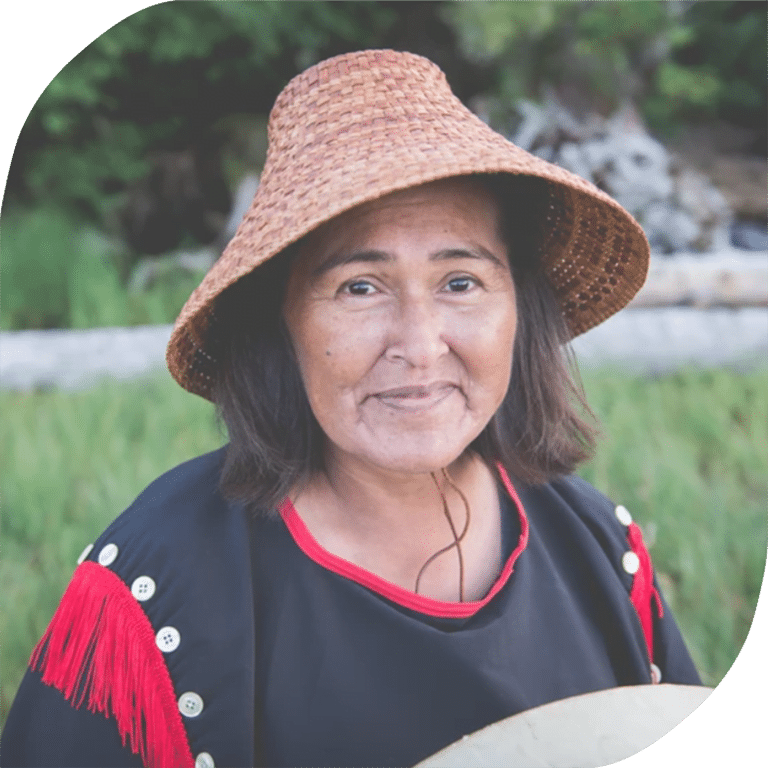Photo credit: Paulina Niechcial
Background
Gitxaala Nation v. Chief Gold Commissioner of B.C. et al. and Ehattesaht First Nation v. His Majesty the King in right of B.C. et al. have the potential to set important precedents about the rights of First Nations in B.C., including whether the Declaration Act establishes enforceable rights.
Both Gitxaala Nation and Ehattesaht First Nation have filed legal challenges to B.C.’s Mineral Tenure Act. Their legal challenges concerned the process used by the Government of B.C. to grant mineral claims on territories over which the Nations claim rights and title. Currently, mineral claims are granted via an online system. This process does not include consultation with First Nations who have asserted rights and title over the territory where the claim is staked. Both First Nations sought a judicial review of this process and certain mineral claims granted through it. They argued, amongst other things, that the Declaration Act provides a legal right for First Nations to be consulted before claims are granted. The cases were heard by the B.C. Supreme Court from 2022 to 2023 and appeals were heard by the B.C. Court of Appeal in early 2025.
Leave to intervene
The Declaration Act was passed into law in November 2019 and affirms the application of the United Nations Declaration on the Rights of Indigenous Peoples (UNDRIP) to the laws of British Columbia. B.C.’s Declaration Act is historic legislation, critical to decolonization and reconciliation in the province.
The cases brought by Gitxaala Nation and Ehattesaht First Nation are among the first to rely on and test the Declaration Act. The Commissioner applied for leave to intervene in December 2022 and was granted intervenor status on January 6, 2023. Court hearings began on Apr. 3, 2023 and the intervention argued that the Declaration Act is legally enforceable legislation and should be interpreted as quasi-constitutional human rights legislation.
Decision
On Sep. 26, 2023, the Court released its decision on the cases, in which it found that the Declaration Act does not implement UNDRIP in B.C. or create rights for Indigenous peoples that can be litigated. The Commissioner expressed disappointment at the decision.
Appeal
On Oct. 25, 2023, the Gitxaala Nation and Ehattesaht First Nation appealed the B.C. Supreme Court’s decision in this case to the B.C. Court of Appeal.
The Commissioner applied for leave to intervene in these appeals, was granted intervenor status and on Jul. 3, 2024, filed a written argument. The Commissioner argued that the incorporation of UNDRIP into B.C. law through the Declaration Act means that the articles of UNDRIP must be given legal effect in B.C. and courts must be able to hear cases about those articles.
The appeals were heard at the B.C. Court of Appeal from Jan. 20 to 22, 2025.
A key part of my mandate is to promote compliance with international human rights law in B.C., including UNDRIP. I believe this litigation is critical to that mandate and to the future of human rights—and specifically Indigenous rights—in this province.
— Kasari Govender, B.C.’s Human Rights Commissioner
Follow the case
Find BCOHRC’s materials related to this case, including press releases and documents, below.
Please select a tab to view from the dropdown menu:
-
B.C. Human Rights Commissioner dismayed as court decision undermines impact of Declaration on the Rights of Indigenous Peoples Act
September 26, 2023
-
B.C.’s Human Rights Commissioner appears in court on mineral rights cases with important implications for reconciliation in B.C.
April 3, 2023
-
B.C.’s Human Rights Commissioner is granted intervenor status in cases that will test B.C.’s Declaration Act in court for the first time
January 6, 2023
Court documents
- Final decision and reasons from B.C.’s Supreme Court (PDF, 1MB)
- BCOHRC’s written submissions no. S219179 and No. S224680 (PDF, 309KB)
- B.C.’s Supreme Court decision granting intervenor status to BCOHRC (PDF, 224KB)
- BCOHRC’s application to intervene – Gitxaala Nation (PDF, 1MB)
- BCOHRC’s application to intervene – Ehattesaht First Nation (PDF, 1MB)
- BCOHRC’s appeal factum (PDF, 383KB)
About interventions
The Commissioner can apply to intervene in court and can intervene as a matter of right in B.C. Human Rights Tribunal cases with the potential to make a significant impact on human rights across the province. Interventions can impact how the law evolves, making them an important tool in systemic work to promote and protect human rights.
If the Commissioner’s request to intervene is approved by a court, BCOHRC provides submissions (also called legal arguments) to the judge in the case in question. These submissions are usually about how to interpret a narrow point of the law. Intervenors do not represent either side in a case; their submissions must be different from the arguments being made by the parties to the case, and submissions must not advocate for either side to win or lose.
- Previous case:BCTF vs. Neufeld
